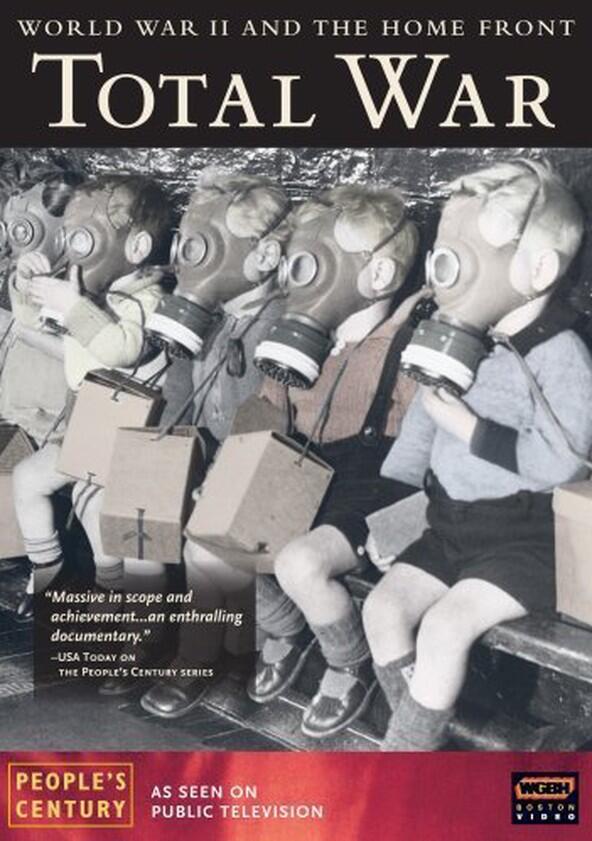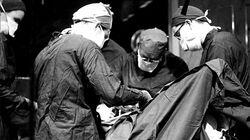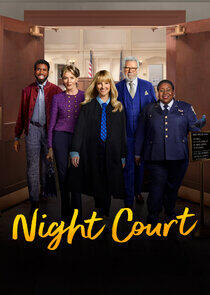People's Century - Season 1

Season 1

Episodes

1900: Age of Hope

1914: Killing Fields

1917: Red Flag
History of communism in Russia from 1917 to World War II.

1919: Lost Peace

1924: On the Line

1927: Great Escape

1929: Breadline

1930: Sporting Fever

1933: Master Race

1939: Total War
Interviewees tell of the area bombing, terror campaigns, atrocities and genocide in WWII.

1945: Fallout

1945: Brave New World

1947: Freedom Now

1948: Boomtime

1949: Great Leap

1951: Asia Rising

1954: Living Longer
Medical advances were made in the 1950s, but as world population grew, new threats arose.

1957: Skin Deep

1959: Endangered Planet

1963: Picture Power

1968: New Release

1970: Half the People

1975: War of the Flea

1979: God Fights Back

1989: People Power

1997: Fast Forward
Recently Updated Shows

All American
When a rising high school football player from South Central L.A. is recruited to play for Beverly Hills High, the wins, losses and struggles of two families from vastly different worlds — Compton and Beverly Hills — begin to collide. Inspired by the life of pro football player Spencer Paysinger.

Night Court
Night Court centers on the unapologetic optimist judge Abby Stone, daughter of the late Harry Stone, who follows in her father's footsteps as she presides over the night shift of a Manhattan arraignment court and tries to bring order to its crew of oddballs and cynics, most notably former night court prosecutor Dan Fielding.

Celebrity Jeopardy!
Celebrity Jeopardy!, produced by Sony Pictures Television, is an all-new game show premiering this fall. This new series welcomes celebrity contestants to compete for a chance to win money for a charity of their choice.

General Hospital
General Hospital, which celebrated its golden anniversary on April 1, 2013, continues its tradition of passion, intrigue and adventure that takes place in the fictional town of Port Charles in upstate New York. The glamour and excitement of those who have come to find their destinies in this familiar seaport town intertwine with the lives, loves and fortunes of beloved, well-known faces. As always, love, danger and mind blowing plot twists continue to abound on General Hospital with contemporary storylines and unforgettable characters.
